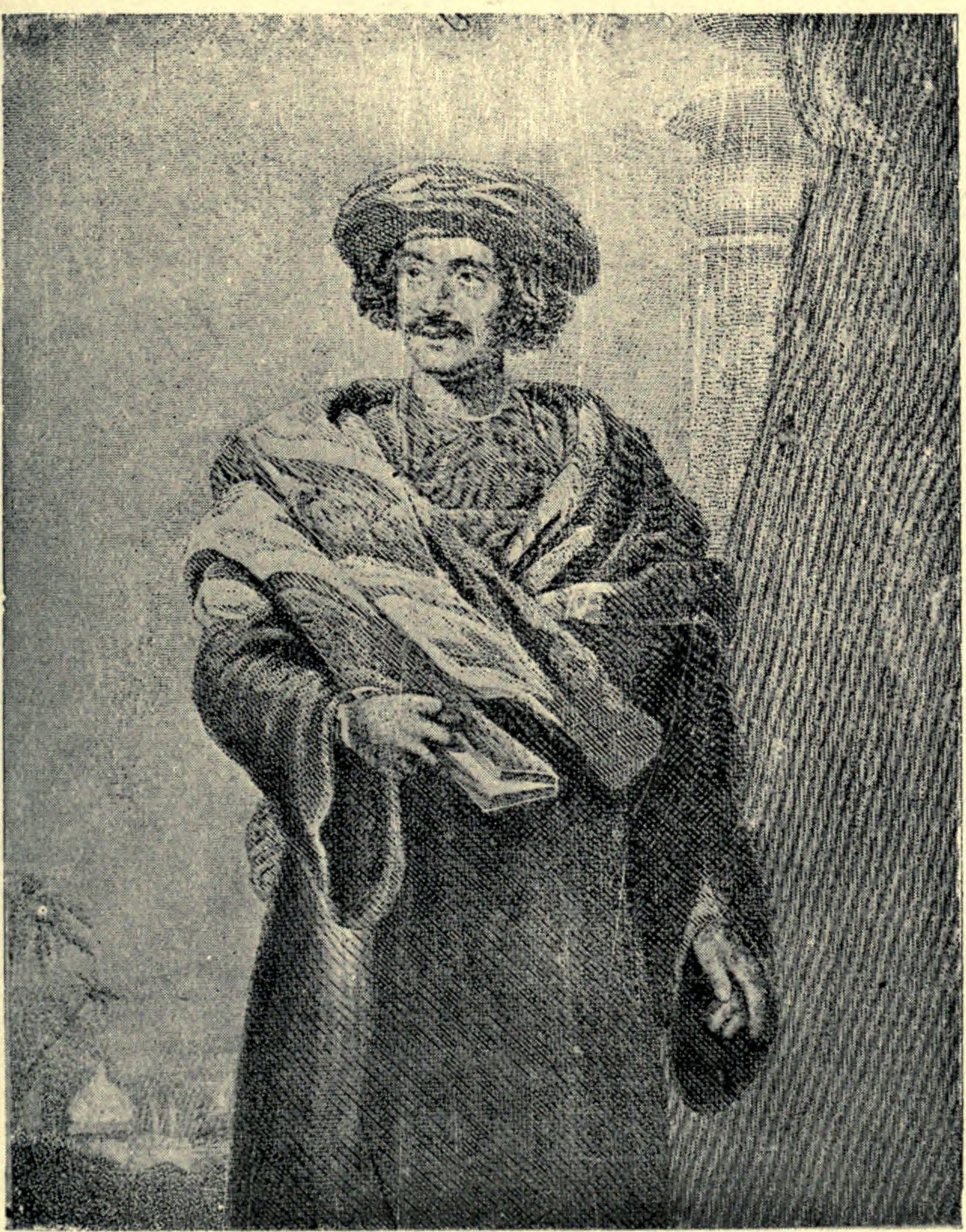Media has become the easiest and greatest source of communication in today’s world. Media is a platform that can circulate any information worldwide and gives a stage to a person to share his thoughts and deeds to the society. Therefore, there have been many media magnates who have brought drastic changes in the media industry through newspapers, radio, news channels, etc. So are a few listed below to have a look at –
Ted Turner –

As the organizer of CNN and one of the top media magnates, Ted Turner set up the world’s initial 24-hour link news channel, which left a mark on the world by covering the Challenger transport calamity and the Gulf War. He sourced programming for his link super-station WTCG by building up an effective wrestling class (WCW), setting up the Goodwill Games and purchasing sport-groups, for example, the Atlanta Braves through and through. He was at one time the biggest private landowner in the US and has become notable as a humanitarian, giving $1 billion to help UN causes and taking vocal stands on issues, for example, environmental change, war and seaward penetrating. In the interim, as a feature of a long-running resentment with Rupert Murdoch, he has over and again welcomed the News Corp magnate to fistfights. To top everything off, he made Captain Planet.
Joseph Pulitzer –

Joseph Pulitzer, an American newspaper editorial manager, and distributor who assisted with setting up the example of the cutting edge paper. In his time he was one of the most remarkable columnists in the United States. In 1874 Pulitzer procured another St. Louis German-language paper, the Staats-Zeitung, and profitably sold its Associated Press establishment to the St. Louis Globe (later Globe-Democrat). Four years thereafter he dealt with the St. Louis Dispatch (established 1864) and the Post (established 1875) and consolidated them as the Post-Dispatch, soon the city’s predominant night paper. On October 5, 1882, Pulitzer’s central publication essayist shot to death a political adversary of the Post-Dispatch. Open re-probation and his own evil well-being incited Pulitzer to move his paper advantages to New York City, where he bought (May 10, 1883) a morning paper, the World, from the lender Jay Gould. He before long transformed that paper into the main journalistic voice of the Democratic Party in the United States. Pulitzer established the World’s night partner, the Evening World, in 1887.
Read Also: Indian media-The negative aspect and its incessant hunger for TRP!
James Gordon Bennet –

James Gordon Bennet was definitely not a loser, attempting to create and launch newspapers for quite a long time before hitting gold with the New York Herald in 1835, which he made the most noteworthy selling paper in America by 1866. He spearheaded different staples of the class, including the main paper talk with, money in advance installments from publicists and the primary selective from a sitting President. Bennet supported a few presidential competitors including James Buchanan. Sponsorship the Union in the Civil War, Bennet’s impact was vital to the view of Lincoln as a saint after his death.
The possibility of a paper having correspondents positioned in removed spots was creative. American papers up to that point commonly just republished news from the papers distributed in different urban communities. Bennett perceived the estimation of journalists gathering realities and sending dispatches at the time by manually written letters rather than depending on crafted by individuals who were basically contenders.
Rupert Murdoch –

Murdoch, the child of Sir Keith Murdoch (1886–1952), is a celebrated Australian war reporter and distributor. Being one of the famous media magnates, he had learned at Worcester College, Oxford in 1953, and quickly filled in as an editorial manager on Lord Beaverbrook’s London Daily Express, where he originally increased commonsense involvement with the sentimentalist news-casting that would be a significant impact right off the bat in his vocation as a distributor. When that Murdoch obtained his first British paper in 1969—the News of the World of London—he had assembled a demonstrated recipe for boosting dissemination, which involved an accentuation on wrongdoing, sex, embarrassment, and human-intrigue stories with boldface title texts, productive games revealing, and frankly preservationist editorializing. This equation was effective with both the News of the World and the Sun, a London every day that he gained the next year.
Raja Ram Mohan Roy –

Raja Ram Mohan Roy was portrayed by Jawaharlal Nehru as an originator of the Indian press. Roy’s commitment to Indian language reporting is unmatched. Ram Mohan Roy represented a free press. He established the Sambut Kaumudi (moon of insight) in 1821 in Calcutta. Because of the accomplishment of another adversary paper named Samachar Chandrika Roy had to shut it down in 1822. Anyway, it was restored the next year. Roy additionally began a paper in Persian ‘Mirut ul Akhbar'(mirror of news)in 1822, however, he shut it down in 1823 because of fights against the Press Regulations Act of 1823. He likewise drew out a strict periodical, the Brahminical Magazine, to check the preachers’ purposeful publicity. Three diaries, all associated with Rammohan Roy, the Reformer, the Inquirer and the Gyan Auneshun speaking to the school of dynamic Hindu news-casting held the field in Bengal till as late as 1891. His most noteworthy commitment to Indian language news coverage was maybe his request to the British government against the Vernacular Press Act of 1823. The Supreme Court dismissed his request. However, he again appealed; this opportunity to the government. Raja Ram Mohan Roy was a forecaster of strict and social changes, quite a bit of which he accomplished through his journalistic aptitudes which can consider him among one of the media magnates of India.




























